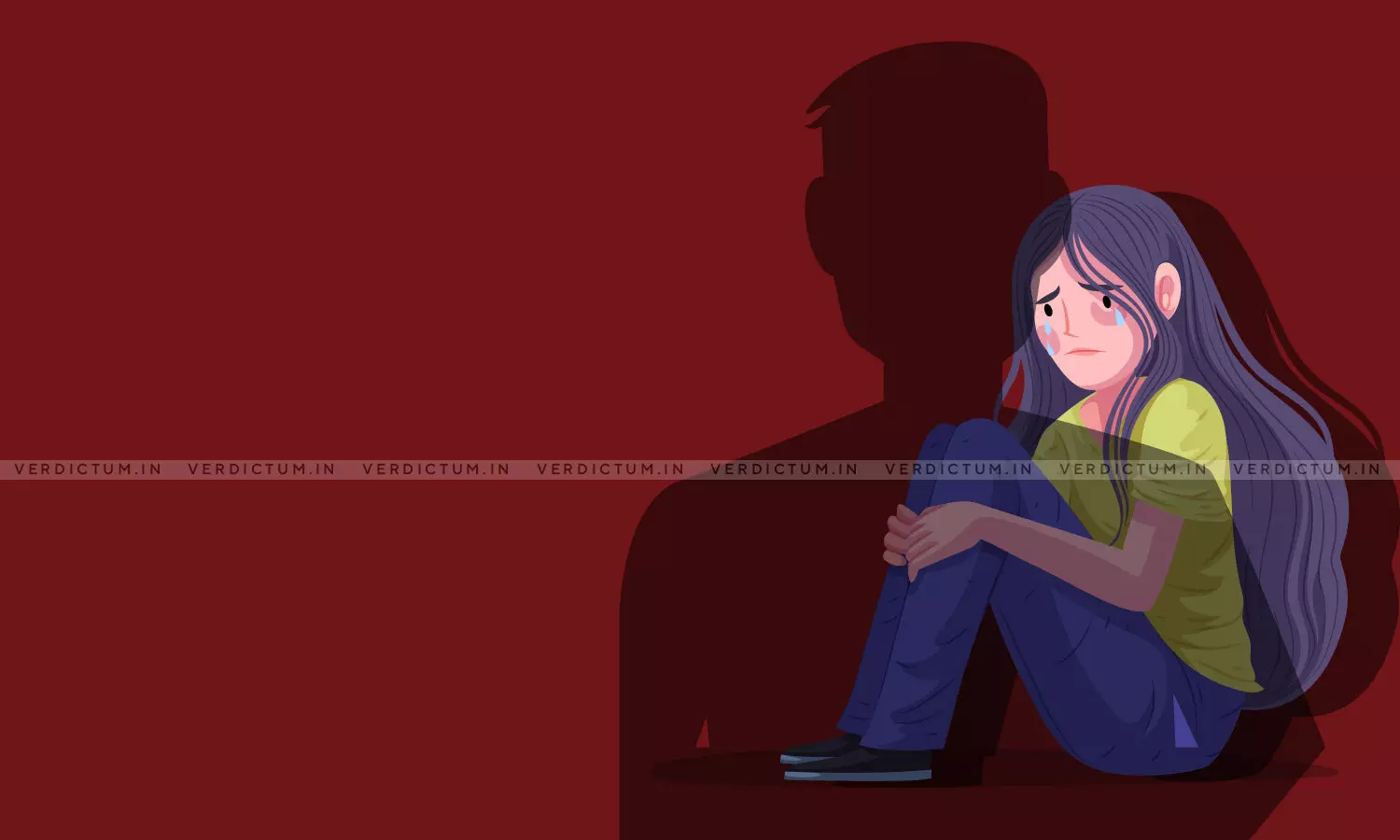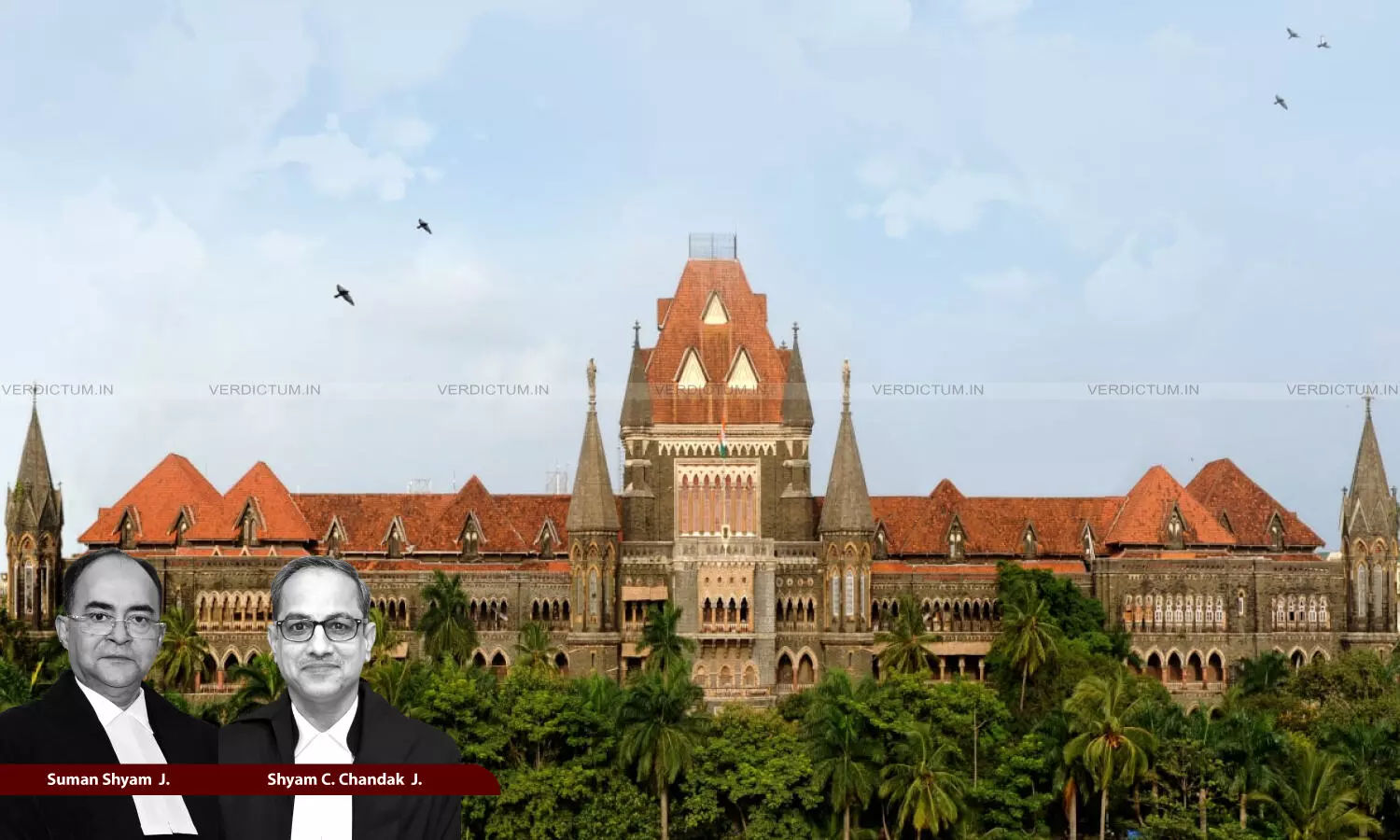
Insufficient Evidence: Bombay High Court Sets Aside Conviction Of Paternal Uncle Accused Of Sexually Assaulting 3-Yr-Old Niece
 |
|The Bombay High Court said that unless the accused is granted a fair opportunity to defend his interest in a fair trial, an Order of conviction would stand vitiated merely on such count.
The Bombay High Court has set aside the conviction of a man (paternal uncle), who was accused of sexually assaulting his three-year old minor niece.
The accused filed a Criminal Appeal before the Court, challenging the Judgment of the Additional Sessions Judge, Nashik, by which he was convicted for the offence punishable under Sections 376(2)(f), 377, and 363 of the Indian Penal Code, 1860 (IPC).
The two-Judge Bench of Justice Suman Shyam and Justice Shyam C. Chandak observed, “… we find that the evidence brought on record by the prosecution is insufficient to establish the charge under Sections 376(2)(f) and 377 of the IPC brought against the Accused. There is serious doubt as to whether, it is the Accused/Appellant who had committed penetrative sexual assault on the victim. However, the same cannot be said in respect of the charge framed against the accused under Section 363 of the IPC. Having regard to the evidence of PW 1 and PW 8, we are left with no manner of doubt that the said charge has been duly proved.”
The Bench said that unless the accused is granted a fair opportunity to defend his interest in a fair trial, an Order of conviction would stand vitiated merely on such count.
Advocate Sandeep Karnik appeared for the Appellant while APP G. P. Mulekar and Advocate Deepa Punjabi appeared for the Respondents.

Factual Background
As per the prosecution story, the victim i.e., the Complainant’s daughter was aged about 3 years at the time of the incident. The Complainant’s brother i.e., the Appellant-accused had come to his house in October 2013 in the morning. He allegedly took the victim girl with him from the custody of her mother on the pretext of purchasing new dresses for her. The victim, however, did not return home. Resultantly, a missing complaint was lodged by the victim’s father. After four days, the victim was found at a railway station in a naked condition with her knicker removed. She was shifted to a police station and at that time, she wanted to answer nature’s call for which her mother had rendered the necessary assistance.
Thereafter, the victim complained of pain in her lower abdomen and on her mother’s examination, it transpired that there were injuries and swelling in the private parts of the victim. On being enquired by mother, the victim narrated that the accused had committed sexual assault on her. She stated that he removed her knicker and inserted his private part into her private part. It was further alleged that when she started crying, he had shut her mouth and slapped her. Hence, charges were framed against the accused. The Trial Court convicted him and sentenced him to undergo rigorous imprisonment for life and to pay a fine of Rs. 10,000/-. Being aggrieved, he was before the High Court.
Reasoning
The High Court in view of the facts and circumstances of the case, noted, “The need to hold a fair trial by protecting the rights and interest of the Accused as well as the victim and thereby, the society as a whole has been emphasized by the Hon’ble Supreme Court, time and again, in a number of judicial pronouncements.”
The Court emphasised that the Courts have overriding duty to maintain public confidence in the administration of justice-often referred to as a duty to vindicate and often to uphold the “Majesty of the law”.
“If a Criminal Court is to be an effective instrument in dispensing justice, the Presiding Judge must cease to be a spectator and a mere recording machine by a participant in the trial evincing intelligent, active interest and elicit all relevant materials necessary for reaching the correct conclusion, so as to find out the truth and administer justice with fairness and impartiality both to the parties and to the community it serves”, it added.
The Court further noted that neither the child has been examined as a witness nor has the PSI, who had recorded the victim’s statement called as a witness by the prosecution.
“The failure on the part of the prosecution to examine the victim or the PSI, without any just explanation, in our considered opinion would amount to denial of an opportunity to the accused to prove his innocence and therefore, in the facts of the case, would constitute denial of fair trial to the accused”, it held.
The Court was of the view that the conviction of the Appellant-accused under Sections 377(2)(f) and 377 of the IPC is liable to be set aside, by giving him the benefit of doubt.
Conclusion
The Court concluded, “We accordingly interfere with the conviction of the Appellant under Sections 376(2)(f) and 377 of IPC and set aside the sentences imposed upon him by the learned Trial Court for committing the offences under the aforesaid provisions. We, however, affirm the conviction of the Accused/ Appellant under Section 363 of the IPC and the sentences imposed on him for the said offence.”
The Court also directed that since the accused has already spent more than 10 years in jail, which is the maximum jail sentence that can be awarded for offence committed under Section 363 of the IPC, he shall be set at liberty unless his custodial detention is deemed necessary in connection with any other case.
Accordingly, the High Court allowed the Appeal and set aside the conviction of the accused.
Cause Title- ABC v. The State of Maharashtra & Anr. (Neutral Citation: 2025:BHC-AS:35291-DB)